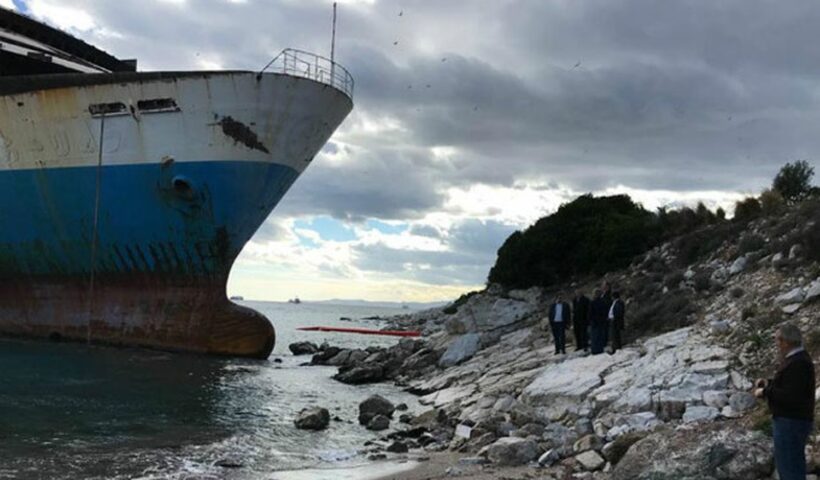Ninety per cent of global trade is conducted by shipping, which is considered to be the most environmentally friendly form of transport, taking into account its productive value. Shipping contributes to a limited extent to marine pollution from human activities, in particular when compared to pollution from land-based sources (or even dumping). Protection of the environment was not the International Maritime Organization’s (hereinafter the IMO) original mandate. Its main interest was maritime safety. However, in 1954 the IMO became the depository of the first 1954 Convention for the Prevention of Pollution from Oil (hereinafter the OILPOL, see further below). Since then the protection of the marine environment has become one of the most important activities of the IMO. Among fifty-one treaty instruments the IMO has adopted so far, twenty-one are directly environment-related (twenty-three if we include the Salvage and Wreck Removal Conventions). The Marine Environment Protection Committee is the IMO’s technical body in charge of marine pollution related matters (it is aided in its work by a number of Sub-Committees).
View More Historical Development in legal issues on the Pollution from Ships
